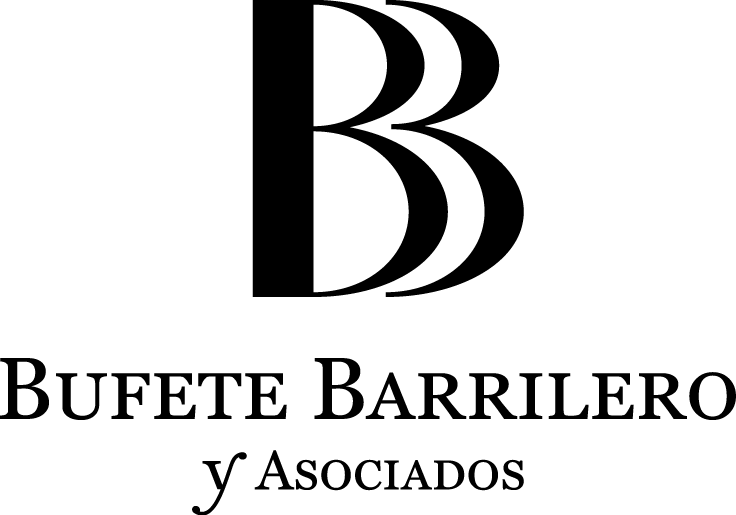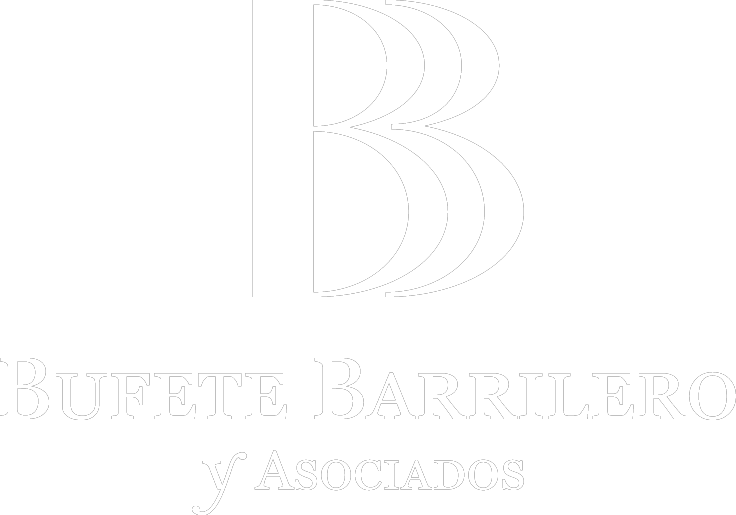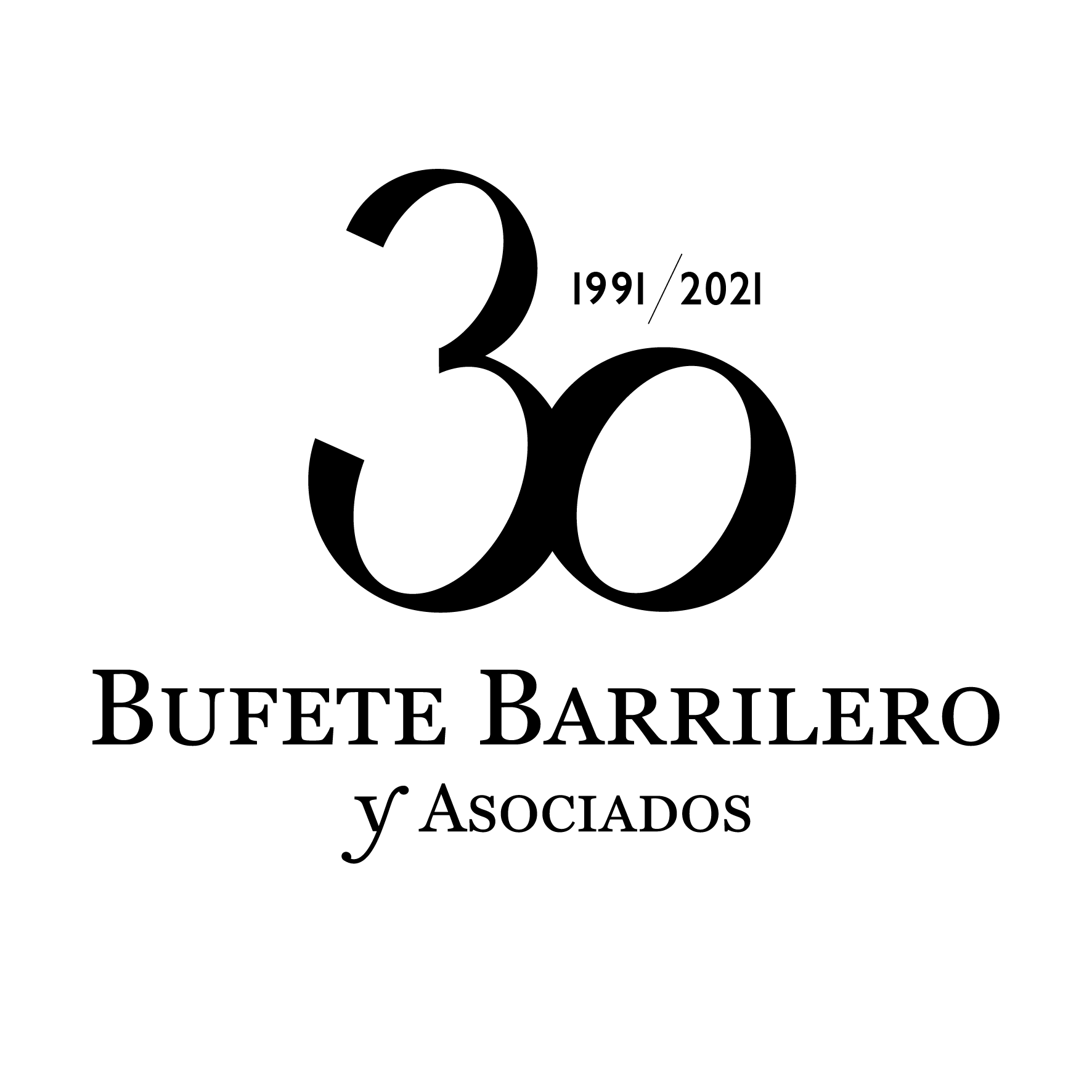CRIMINAL LAW
Álvaro de la Rica
The recent judgment No. 753/2024, dated July 22, issued by the Criminal Chamber of the Supreme Court, examines a case in which the Provincial Court of Alicante ruled to nullify proceedings from the start of an investigation, finding that a violation of the fundamental right to privacy had occurred. In this case, proceedings were initiated following the recording of conversations captured by a private individual who participated in these conversations and subsequently submitted them to the Prosecutor’s Office for investigation, suspecting that the content might constitute bribery.
The Provincial Court’s decision to nullify the proceedings was based primarily on two grounds: that the recordings were obtained covertly and that the person who recorded them lacked a legitimate interest justifying the action; and that the recordings were copies, not original files, and thus failed to meet the authenticity and integrity requirements necessary for admissibility.
Following the initial ruling, the Public Prosecutor filed an appeal, arguing that the nullification represented a violation of the right to effective judicial protection, to due process with all guarantees, and to the use of evidence.
When the case reached the Supreme Court for a decision on the appeal, the Criminal Chamber focused significant portions of the reasoning in judgment No. 753/2024 on the legal principles established in the “Gürtel Case” and on existing case law regarding recordings of conversations between individuals as evidence in criminal proceedings. The following elements derived from the Court’s arguments can be used to assess whether the recording of a private conversation may be utilized as valid evidence in criminal proceedings:
Covert recording of a conversation does not constitute a constitutional violation of the right to privacy when recorded by one of the participants (except in exceptional cases where the conversation’s content affects the core intimate or family aspects of one of the parties).
There can be no claim of a secret message, as the message was directed to and received by the other participant, who was then free to record it. Thus, there is no breach of communication confidentiality.
Excluded from the above criteria—and therefore not valid as evidence—are recordings obtained through criminal entrapment by official crime investigation entities.
Recordings of conversations between individuals captured by one participant are likewise invalid when the recorded person was lured to the meeting with the deliberate intent of having them disclose information that could be used against them.
The right to remain silent, to avoid self-incrimination, and to refrain from declaring oneself guilty are not affected in this context, as these constitutional guarantees apply to statements made by the accused before the authorities or their agents and do not apply to statements made between private individuals outside of official proceedings.
Applying this legal precedent, the Criminal Chamber determined that the conversations in this case were entirely lawful. The judgment specifically notes, “The meetings between individuals were voluntary and spontaneous, and the decision by one of them to record the conversations was not prompted by police or any other public investigative institution. While their conduct may be morally and ethically questionable, it did not infringe upon the right to a trial with full guarantees or the right to avoid self-incrimination.”
The ruling notes that the recorded conversations were submitted by the interlocutor to the Prosecutor’s Office and used as an indication to initiate an investigation, leading the investigating judge to order wiretapping. The incriminating evidence in this case came from the later wiretaps authorized by the judge, and any later review did not retroactively invalidate these recordings, “regardless of the assessment of this factor regarding its reliability as a form of evidence, which is not the issue at hand here.”
Thus, the Supreme Court’s Criminal Chamber upheld the recordings obtained by the private individual as sufficient indicative evidence to justify other privacy-intrusive measures, without requiring this preliminary source to meet the high standards of veracity and custody required for a true piece of evidence.
Based on the above reasoning, the Second Chamber accepted the appeal by the Public Prosecutor and overturned the judgment, remanding the case back to the deliberation and drafting stages of the judgment.
In conclusion, recordings of private conversations are valid and lawful when obtained by one of the participants, even if they are captured by a private party outside of official investigative entities tasked with investigating and prosecuting criminal responsibilities, provided that the conversations do not address core aspects affecting the privacy of either party.


